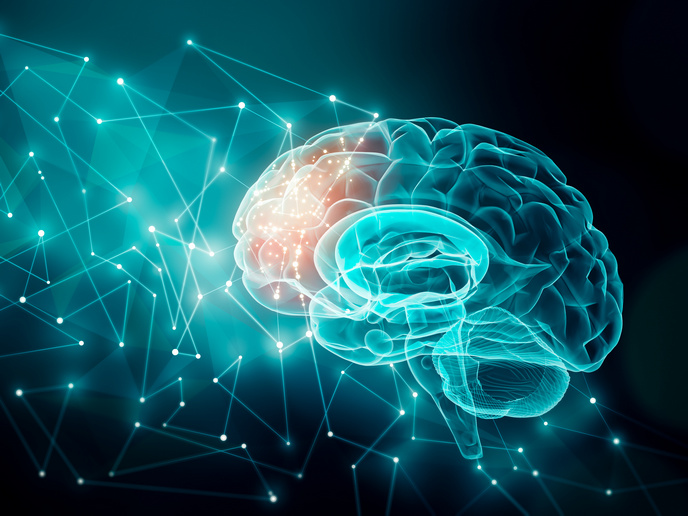Lighting the way to neuroscientific transformation
A satellite workshop recently organised by the EU-funded PANERIS project offered scientists a unique opportunity to share knowledge on innovative imaging techniques and their potential to transform neuroscience. Titled ‘Frontiers of Light Microscopy’, the event took place on 28 November 2024 and was part of the annual Lithuanian Neuroscience Association Conference held in Vilnius. During the workshop, researchers from Lithuania and abroad discussed how cutting-edge advancements in light microscopy are changing the way we view brain health and furthering research on crucial topics. “Microscopy is not just about seeing – it’s about revealing the unseen,” Urtė Neniškytė, a neuroscientist at the Life Sciences Center of PANERIS coordinator Vilnius University, remarks in a news item posted on the project website. “Events like this empower us to better understand the brain’s complexities and bring us closer to real-world solutions for critical health challenges,” continues Neniškytė, who was scientific programme chair of the workshop. Key topics discussed at the event included super-resolution microscopy for mapping brain cell interactions, live-cell imaging techniques to study synaptic plasticity, and multimodal approaches to track molecular changes related to obesity and addiction. Another discussion focused on the potential of integrating microscopy with AI-powered analysis as a way to process vast amounts of data generated in brain research. “This event showcased how imaging tools are not just instruments but gateways to new dimensions of neuroscience. By embracing these technologies, we can pave the way for more effective and targeted therapies,” notes Neniškytė.
Training days
PANERIS also held a 5-day training event, during which 10 representatives of institutions based in Lithuania, Poland and Portugal visited the August Pi i Sunyer Biomedical Research Institute (IDIBAPS), the PANERIS project’s Spanish partner. Running from 11 to 15 November, the event focused on strengthening the research and innovation management capacities of the participating institutions. IDIBAPS experts presented internal management and organisation tools and provided training in digital tools and cost management. Participants also took part in various related activities and visited labs and scientific platforms. “This type of training allows us to share knowledge and improve our capacities for managing international projects more effectively,” states Juan Abolafia, one of the project leaders at IDIBAPS, in another project news item. “Collaboration between the different European institutions is essential for tackling global challenges in health research and innovation.” PANERIS (Pan-European Network for Neuroscience Research Infrastructure and Strengthening of Support capacities) is also organising a winter school focusing on the underlying mechanisms of addictions and the search for novel therapies. The event will be held from 3 to 7 March 2025 in Kraków, Poland, and will consist of three courses: ‘High-resolution imaging of stress-induced synapsis plasticity’, ‘Application of mass spectrometry in proteomics’ and ‘Basis of rodent behavioral research’. For more information, please see: PANERIS project website
Keywords
PANERIS, neuroscience, brain, microscopy, imaging, workshop, Lithuania



